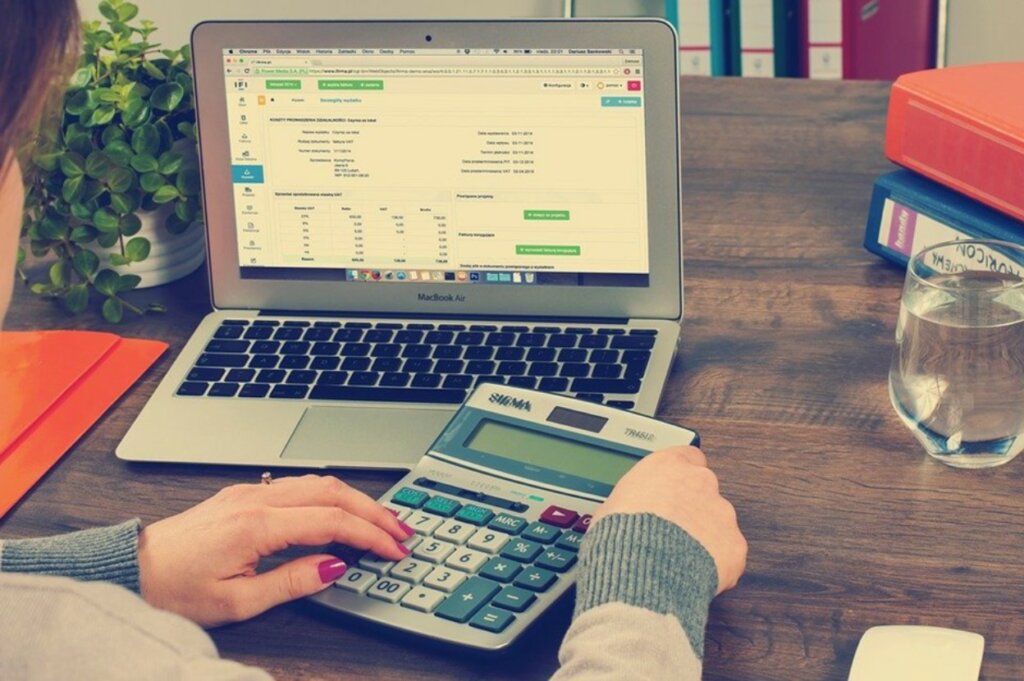
A capital gain is an increase in the value of a property over a period of time. Capital gains are the amounts you make from the sale of a property after subtracting all the expenses. These profits are realized when assets like bonds, real estate, and even personal items like boats are sold after the asset’s value has increased.
Capital gains from selling a house are taxable, but some exceptions might help you reduce the amount you pay or avoid it altogether. Below, we’ve discussed how the capital gains tax is calculated and how to minimize it in your next sale.
How Capital Gains Tax is Calculated
How much you’ll pay in capital gains tax after selling your home depends on the property type. A primary residence is exempt from this tax if the capital gains do not exceed $250,000 (for single homeowners) or $500,000 for married couples filing jointly. However, this exception only applies once every two years, meaning you cannot sell several properties within two years and expect to benefit from this tax relief.
The cost of buying the house plus any renovation expenses are subtracted from the capital gains, helping lower the tax burden. If for instance, you purchased your primary residence for $200,000 and later sold it at $800,000 after five years, and are eligible for the $500,000 IRS exemption, the capital gain is $100,000, i.e., ($800,000 – $200,000 – $500,000).
You can still subtract any expenses or capital losses from previous investments to reduce the capital gains further. The tax on the resultant amount would vary from 0%, 15%, to 28% if you owned the property for more than a year (long-term capital gain tax) or as high as 37% for high-income earners who had owned the property for less than a year (short-term capital gains.) These short and long-term capital gains taxes are applied with respect to the income and tax filing status.
Tips to Avoid Capital Gains On a Home Sale
When selling your home, there are some ways you can reduce or avoid the capital gains tax. One is to adjust the cost basis, which includes the fees and any expenses associated with the value of your home. The cost basis includes the expenses related to acquiring the home and any improvements or renovations you’ve made. The higher your cost basis, the lesser the capital gains tax you’ll pay. To prove all these costs, you should have valid receipts for renovations and new installations.
Another way to reduce the capital gains of your home sale is to bring in the capital losses from your other investments from the same year or previous ones. Here are the other ways you can reduce or avoid capital gains tax.
Make Your Second Home Your Primary Residence
Rental properties and non-primary residences do not have the same exclusion as primary residences. You can convert that second home into a primary residence before selling it to reduce the capital gains tax. The goal is to make the house your primary residence for at least two years before selling it. Remember, you’ll only claim a capital gain exclusion for the period the home was used as a principal residence.
Endnote
Now that you know how real estate capital gains tax is calculated, you can find a way to lower the tax amounts or avoid it the next time you sell your property. Sometimes, you need to sell your house fast to capitalize on the massive capital gains tax breaks. This is especially true if the property is inherited and you want to pay a small tax based only on the capital gains while the property is in your hands.
